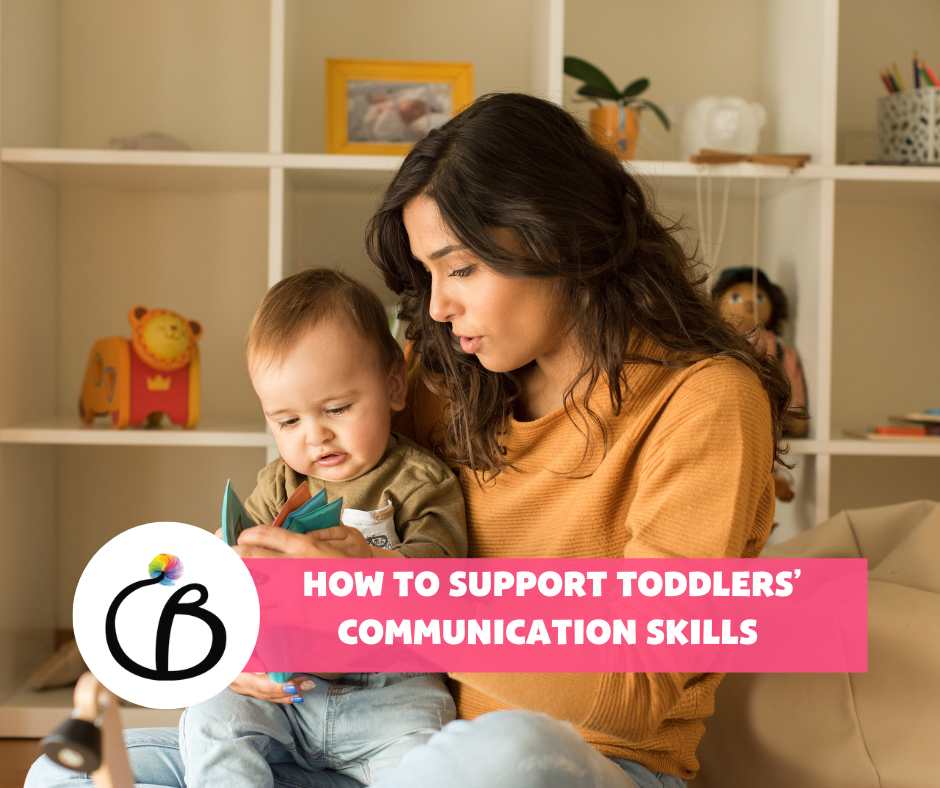As a parent of three teenagers, I’ve been through the parenting trenches and emerged with a treasure trove of insights and experiences. And as the proud owner of Curious B.E.I.N.G.s, it’s my passion to share these nuggets of wisdom with you, particularly in the realm of social and emotional development.
Parenting can be a challenging journey, no doubt about it, but it’s also filled with amazing moments of growth and discovery. So, let’s dive into some valuable tips based on both my personal adventures and the philosophy behind Curious B.E.I.N.G.s. We believe in making parenting educational and enjoyable–one adventure at a time.
Understanding toddler communication skills
From the moment children enter this world, they embark on a fascinating journey of developing communication skills. It’s a process that involves observing and listening to everything around them. When toddlers come into the picture, they’re often bursting with thoughts and feelings but may lack the words to express themselves fully. Instead, they rely on body language and other nonverbal cues to communicate.
Let’s break it down a bit:
- Receptive Communication Skills: This refers to what toddlers take in, like hearing and understanding what’s being said to them.
- Expressive Communication Skills: On the flip side, this is all about what toddlers express, including the sounds they make, gestures they use, and their budding speech.
Tips for supporting toddler communication
Now that we’ve got the basics, let’s dive into how you can support these skills in a way that’s not only educational but also enjoyable.
- Getting Dressed Learning: Mornings can be chaotic, right? Well, why not turn this into an opportunity for your toddler to practice their language skills? As you help them get dressed, throw in some questions like, “Can you grab your socks and shoes, please?” Watch them understand and follow your instructions. Then, get chatty about their outfit by asking them to describe the color of their shirt.
- Kitchen Adventures: The kitchen is a treasure trove of learning opportunities. Assign specific tasks to your child and see if they can follow your instructions. Encourage them to describe what they’re doing, fostering those expressive language skills. Later, have them recount the steps they took during the cooking process.
- Cleanup Routine: Cleaning up doesn’t have to be a bore. Singing the cleanup song (Clean up, clean up everybody everywhere. Clean up, clean up everybody do your share) while tidying up teaches responsibility and helps fine-tune those listening skills. And, of course, always shower them with praise for a job well done.
- Storytime Fun: Reading aloud is a classic way to boost language skills. Opt for books with rhymes, word patterns, and captivating illustrations. Encourage discussions about the story. “What do you think will happen next?” These conversations spark their curiosity and expression.
Remember, the more you engage and communicate with your toddler, the stronger their language skills will become. As they grow, you’ll find yourselves in two-way conversations that are both heartwarming and enlightening.
For more ideas of how to support your toddlers social and emotional development, follow Curious B.E.I.N.G.s on Facebook and Instagram and subscribe to the Curious B.E.I.N.G.s newsletter.




